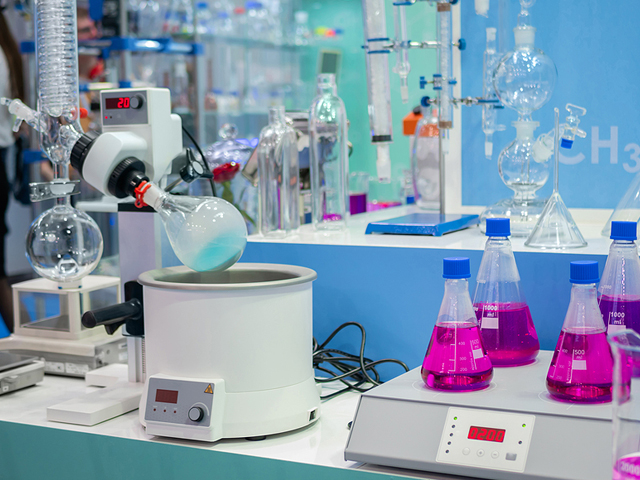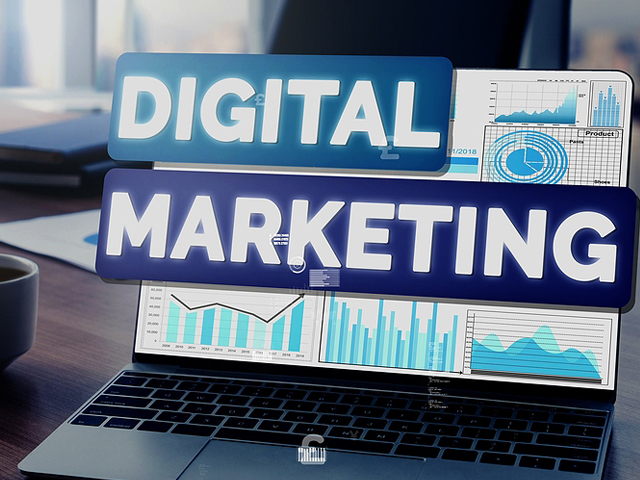
Are you looking forward to advancing a career or beginning one in the biomedical realm? Below are 8 essential skills that top employers are seeking from prospective job candidates.
4 Vital Skills for Careers in Biomedical Science
1. Observation & Research
Being capable of conducting and leading medical research projects is one of the main skills that is critical for biomedical scientists. To be successful in this endeavor, one must be willing to ask clear questions and have an eye for detail.
They must be able to follow up and have excellent organizational capabilities. It is necessary to keep all materials and research conclusions in order.
Having the ability to follow directions is extremely valuable. Research may need to be conducted in accordance with FDA or the U.S. Food and Drug Administration's regulatory guidelines. There may be specific requirements from funding organizations including the Congressionally Directed Medical Research Programs from the Department of Defense.
Not many research projects are completed in isolation; therefore, these skills help to make sure that a researcher can work with their team and complete their project within a group setting. Projects often have a specific timeline, budget and scope that they must adhere to and working together is key.
2. Data Analysis
Data analysis skills are essential for biomedical students who focus their time in a "dry lab" atmosphere. Individuals may rely on computer models in these roles to simulate different chemical reactions inside the human body. They rely on computational math to examine the results of an experiment to decide what the best compound is for a certain drug.
Vital skills for biomedical science data analysis include statistical programming, SQL programming focusing on sizeable data sets utilizing R and Python languages. They also require knowledge regarding algorithm development for artificial intelligence or complex machine learning.
Learning how to correctly present research findings and growing data visualization skills can greatly benefit individuals in these fields. Data analysts are often called upon to relate the findings of an experiment to audiences who are non-technical.
3. Experimenting Safely
Research scientists commonly work in medical setting, biotech, and pharma. They conduct experiments and may work in a "wet" lab, handling biological matter and chemicals. It is necessary to handle these items safely.
It is essential to have the correct skills to work successfully in a laboratory setting. The chemical reactions must be carefully monitored, and all materials need to stay pure for accurate results.
Employers are seeking biomedical scientists who have experience with DNA sequencing, cell cultures, blood samples, PCR or polymerase chain reaction and ELISA or enzyme-linked immunosorbent assay on their resume.
Being capable of developing standard operating procedures for these kinds of experiments is a vital skill since the clients, along with external and internal audiences can benefit from this knowledge.
4. Project Management
Top core management skills include team leadership, setting priorities and collaboration. Time management skills are additionally important when a team needs to finish numerous experiments at the same time. It is common for many groups to rely on lab equipment during a single day, always making time management an essential skill.
Allocating resources is another project management skill that is valuable. Academic research typically has a set budget to work with. Conversely, corporate research typically creates a negative cash flow as cash is being spent and zero revenue is generated.
Teams must work together to balance how much work each member contributes. Obviously, one can become burnt out if they are working too much and lazier counterparts can end up spending the entire budget without meeting their goals. Communication is a vital part of project management.
4 Soft Skills for Biomedical Science Careers
1. Flexibility
Flexibility and being able to maintain an open mind while conducting research is important for people who are interested in biomedical science careers. It may be necessary to redesign an experiment or change your research question after reviewing literature from existing research or hearing feedback on an experiment from a principal investigator.
In terms of an essential biomedical science skill, flexibility is important for allowing people to balance the methodical research process approach along with the fast pace that science advances.
Researchers must be able to consider how new laboratory tools, the latest information, state-of-the-art technologies for data analysis and updated best practices for conducting experiments can be implemented into a project that has already been ongoing for years.
2. Motivation
Employers are seeking people who can be trusted to work alone and who are motivated and show initiative, regardless of if they are working in industry or academia. This is especially key in the early research stages when experiments have less structure. To be a valuable team member, researchers who can take initiative in designing the next experiment steps can be a huge asset.
Being curious goes alongside being motivated. Science is continually evolving, and researchers need to stay up to date on the newest developments. This can be accomplished by attending lectures and events, reading scientific papers, and pursuing internal opportunities for professional development.
Employers want to see employees who are constantly motivated to learn. Those who seek out information by themselves and share it with the team will be favored.
3. Communication
One of the most essential skills for anyone in the scientific community is communication. People need to feel confident when they are explaining intense biomedical concepts. Being comfortable expressing ideas in oral and written communication to different audiences is key.
Some popular audiences include regulatory representatives of certain agencies such as the U.S Food and Drug Administration, company business leaders, general members of the public and potential or existing clients.
In the realm of biomedical science, interpersonal communication is an essential skill. Researchers commonly work in corporate settings. These teams collaborate and engage with various business units.
Beyond the laboratory setting, biomedical scientists may be called to deliver presentations or lectures detailing their work to students and stakeholders in the industry. Having the ability to engage with a virtual audience or in-person and effectively answering questions in formal sessions is vital.
4. Persistence
Since research is time-consuming and full of unknown factors, being persistent is an essential skill for biomedical science majors. Experiments don't often succeed the first time around.
Having excellent problem-solving skills can help researchers evaluate where they may have gone wrong and determine other steps to try next time. There will be missed deadlines, limited funds to work with and failing or outdated equipment to work with at times.
Persistence is also important once the experiment has finished and been published. Researchers must be able to undergo scrutiny from their peers regarding the scientific method. They will have to answer challenging questions regarding their work. Biomedical scientists must be able to take constructive criticism from their professors and their peers, among others.
Different Career Paths & Varying Biomedical Science Skills
Most of the aforementioned skills transfer to different roles in the biomedical science field. There are some jobs that will prioritize or emphasize various skills due to job requirements or responsibilities.
Research Laboratory Manager
Individuals specializing as a Research Laboratory Manager will analyze research data and conduct experiments. This job requires people to be skilled in two essential areas. Technicians must be capable of managing the repair and maintenance of equipment as needed and be trained in the proper way to use lab equipment.
Biomedical Scientist
This career focuses mainly on utilizing lab equipment, communication, medical research, observation, and project management.
Principal Investigator
A Principal Investigator has the mole to lead the research process in the laboratory. During experiments, they serve as an advisor to the biomedical scientist who is responsible for the experiments.
These jobs are typically found in biotech businesses, academic settings and large pharma companies who are conducting research projects.
Medical Writer
Communication skills are emphasized for medical writer applications. These skilled writers focus on conducting research with the goal of creating training manuals or educational materials for a wide variety of audiences. This role includes individuals who have formal medical education as well as those who do not.
Research Fellow
Academic researchers who hold a PhD are Research Fellows. They function as an independent investigator. This job places a wide emphasis on publishing peer-reviewed data, reviewing literature, and analyzing data. Individuals in this career may have to lead dialogues and lectures as one of their main responsibilities.
Medical Marketing Managers and Medical Sales
Communication is an asset in these roles as they primarily focus on a company's medical devices or drugs. Leadership and collaboration are essential skills for people in these roles. Often, they work inside of a company or among business units in a large team.
PhD Researcher
PhD Researcher's are generally conducting postdoctoral or doctoral research. In these roles, the skills that are necessary include analyzing and conducting research, both in the field or in the lab. These skills are typically more essential compared to general management skills.











